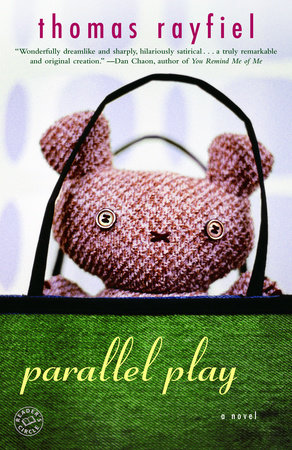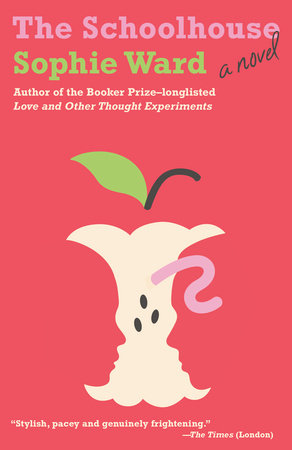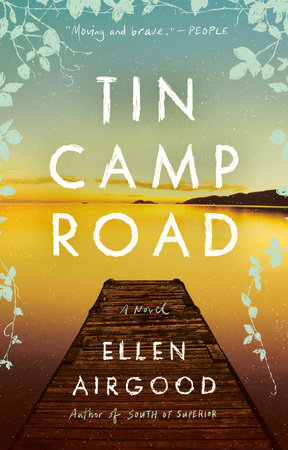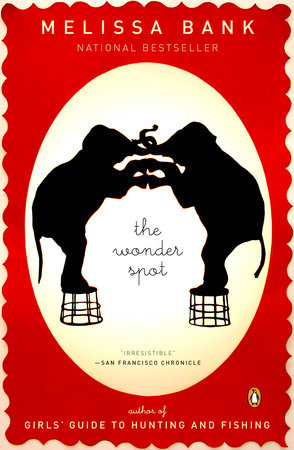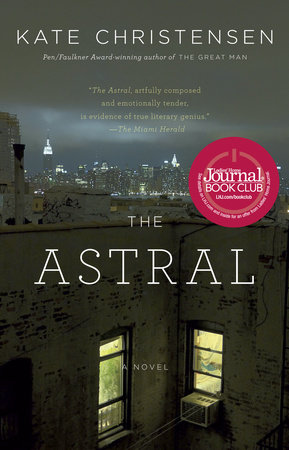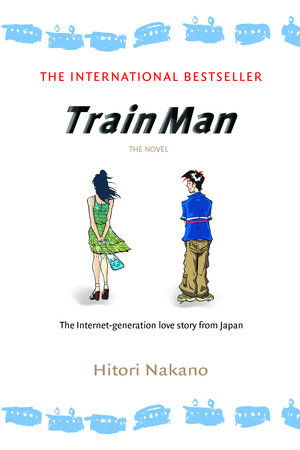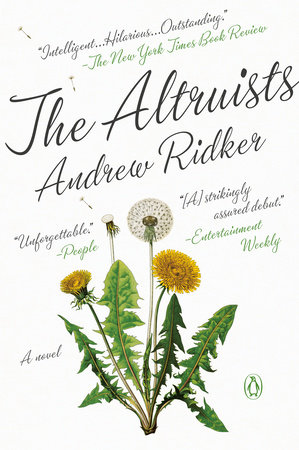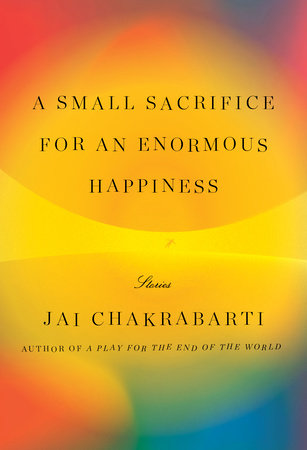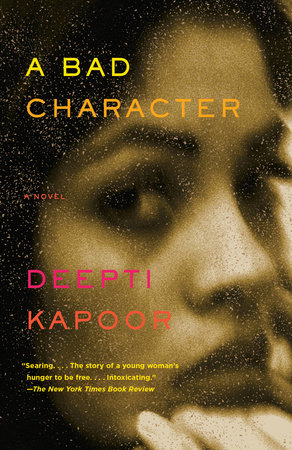An Interview with Thomas Rayfiel
Question: As a male writer burrowing into a young mother’s head, what kind of research did you undertake? Was the advice of female friends and family members a crucial factor in conceiving the book?
Thomas Rayfiel: My research consisted of caring for two screaming babies (who are now delightful children). In certain purely technical matters, my wife and other women have corrected me, but I’m a firm believer that we spend too much time focusing on how different men and women are. There are so many “male” and “female” qualities in each of us. To wall them off or suppress them is to deny who we are.
Q: Eve often seems to loathe motherhood and to lack a loving bond with her baby daughter. Is the downside of motherhood a taboo you were keen to address? Are there more resentful, bewildered mothers out there than we’d like to think?
TR: Eve doesn’t loathe motherhood or lack a loving bond with Ann. She loathes being expected to feel all these things she isn’t ready to admit exist in her, yet. When she finally does, I would argue her love is deep and true and real. It is earned. I do think parents (women in particular) are given this impossible standard to live up to and that it can cause feelings of inadequacy and craziness when their feelings don’t match the saccharine cliché that society holds up as being “normal.”
Q: Who are your inspirations? Do you read a lot while you are writing? Do you have any anxieties of influence?
TR: My main inspiration when I sit down to work is the last sentence I wrote the day before, to figure out where it came from and so to see where the next one is going. Of course, getting that very first sentence, the one containing the DNA for all that follows, is the tough part. But if you mean which writers have inspired me over the years, there are so many: Aldous Huxley, Georges Simenon, Thomas Bernhard, and Robert Pinget, to name a few. Writers who make you feel you are holding not a book but the steering wheel of a runaway car.
Reading is a great part of my life and yes, I read books while I write. There’s probably some dynamic between what I’m reading and what I’m writing, but it’s not a conscious one. I don’t “bone up” on a subject. As for “anxieties of influence,” do you mean am I afraid of sounding like someone else? No. For better or worse, I’m me.
Q: Beyond wanting to continue Eve’s story from the previous two novels (Colony Girl, Eve in the City), was there a particular spark that got this novel going–a specific theme or scene?
TR: Yes: the dawning realization that women have been sold a bill of goods about motherhood, assured they will instantly fall in love with their newborn child and their newfound lot. I noted it not to be so and, speaking to mothers, saw the feeling was widespread: the sharp and funny minds of former lawyers, editors, and artists pretending they were just as content earnestly debating the pros and cons of various brands of disposable diapers or mushed-up carrots. That suggested comic possibilities, the alternative being to blow one’s brains out.
Q: Did you set out to investigate the possibilities and illusions of free will with this book? Do you think that parenthood changes one’s perceptions of free will?
TR: I do think parenthood makes you realize that many of the so-called choices offered to you are not really choices at all. You can choose, but the “you” doing the choosing is subject to all sorts of social and biological imperatives. Every move you make is either conforming or reacting to some external or internal expectation. As Eve says, at one of her bleakest moments, “It made me feel I was on a sled, going downhill. Sure, I could lean a little from side to side and maybe influence where I went, to the right a few feet or to the left, give it my own personal style, but basically my future was already decided.” The key, as she discovers, is to choose something that isn’t offered, to create her own path with her own feet, as she begins to do by the end.
Q: The fact that Eve is known by a single, scripturally resonant name could signal her as an elemental or archetypal woman. Did you intend Eve to be a symbol as well as a fully rounded character?
TR: Honestly? I just liked the name. I also liked the associations of her always being "on the eve" of something, teetering on some brink.
Q: Eve can be selfish and insensitive. Is there a thrill for you in dancing on the thin line between humanizing a deeply flawed character and creating an unlikable heroine?
TR: I don’t see Eve as any more selfish or insensitive than other people. What she is, because of her outsider upbringing, is more coldly honest and critical about her own shortcomings. (She’s also open to all sorts of mystical currents our mainstream upbringing has numbed us to.) I think we all tend to gloss over certain unpleasant truths about ourselves because, well, otherwise it’s tough to get through the day. But Eve is like one of those kids they find in the forest who’s been raised by wolves. Her take on things is bracingly honest and, I hope, funny.
Q: Parallel Play is written in a confessional first-person voice and set in a domestic milieu, and thus on a superficial level, it bears comparison to certain “chick-lit” novels and popular memoirs of motherhood, almost all of them written by women. Which of these books, if any, have you read and liked? Do you hope that this book will appeal to a similar audience?
TR: You know, I haven’t actually read any of those books, though I’m certainly aware of their existence. Trying to look at this novel objectively, I’d like to think it had something to do with two women who wrote extensively about the “domestic milieu,” Ivy Compton-Burnett and Barbara Pym. Compton-Burnett showed the brute forces really governing even the most apparently placid home life, and did it with such a deep wit that you feel like you’re learning a new language. Pym takes what fiction had previously regarded as uninteresting material–the spinster’s lot–and used it to give a beautifully acute and musical view of the paired-off world’s romantic delusions.
But those are great writers. I’m not putting myself in their company. I do think looking at ordinary situations in a slightly crazy way–which is what I sense chick-lit novels do as well–can lead to a deeper insight than plodding, earnest, emotional explorations, however well-intended. So in that sense our audiences might overlap, yes.
Q: Any chance we will meet Eve again–perhaps as a flourishing fashion designer, or as a frazzled mother of a hellion teenage girl (as she was once herself)?
TR: Eve is going to be a writer. On the last page of Parallel Play she is about to write the first page of the first novel. I would like to think she’s a self-contained literary unit now. She’s said all she has to say, through me. Besides, it’s getting harder and harder to wriggle into this bra and panties.
